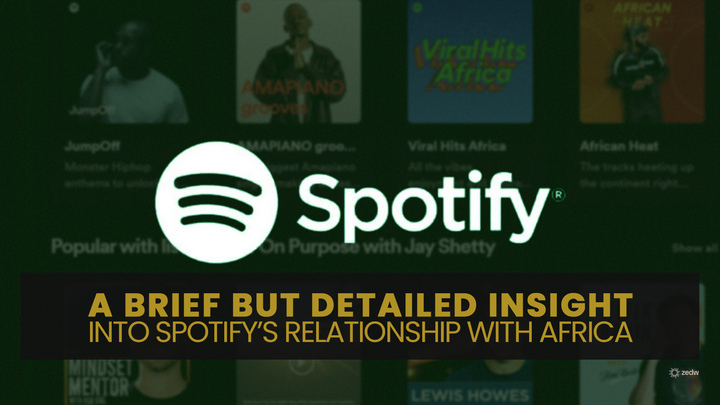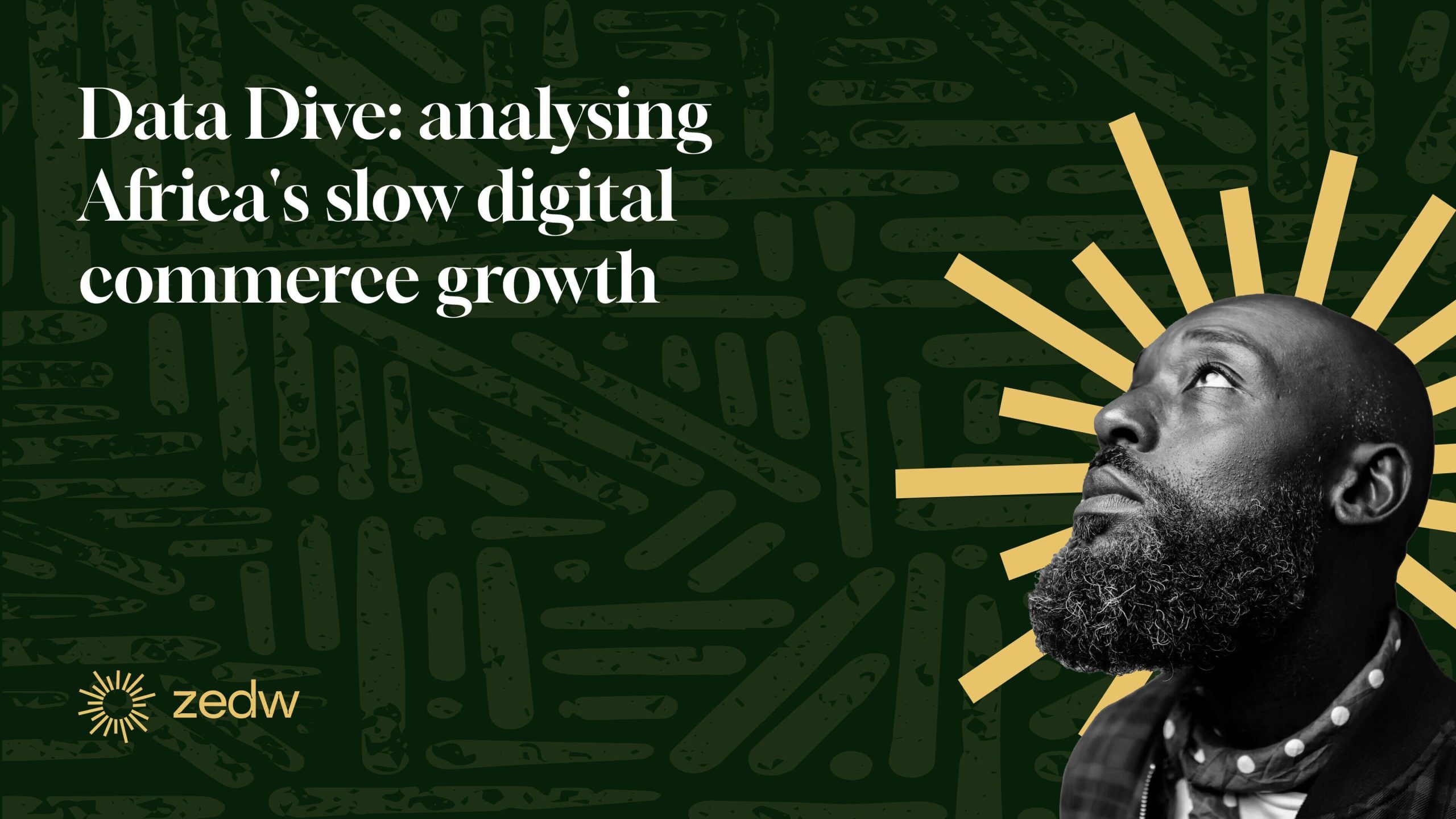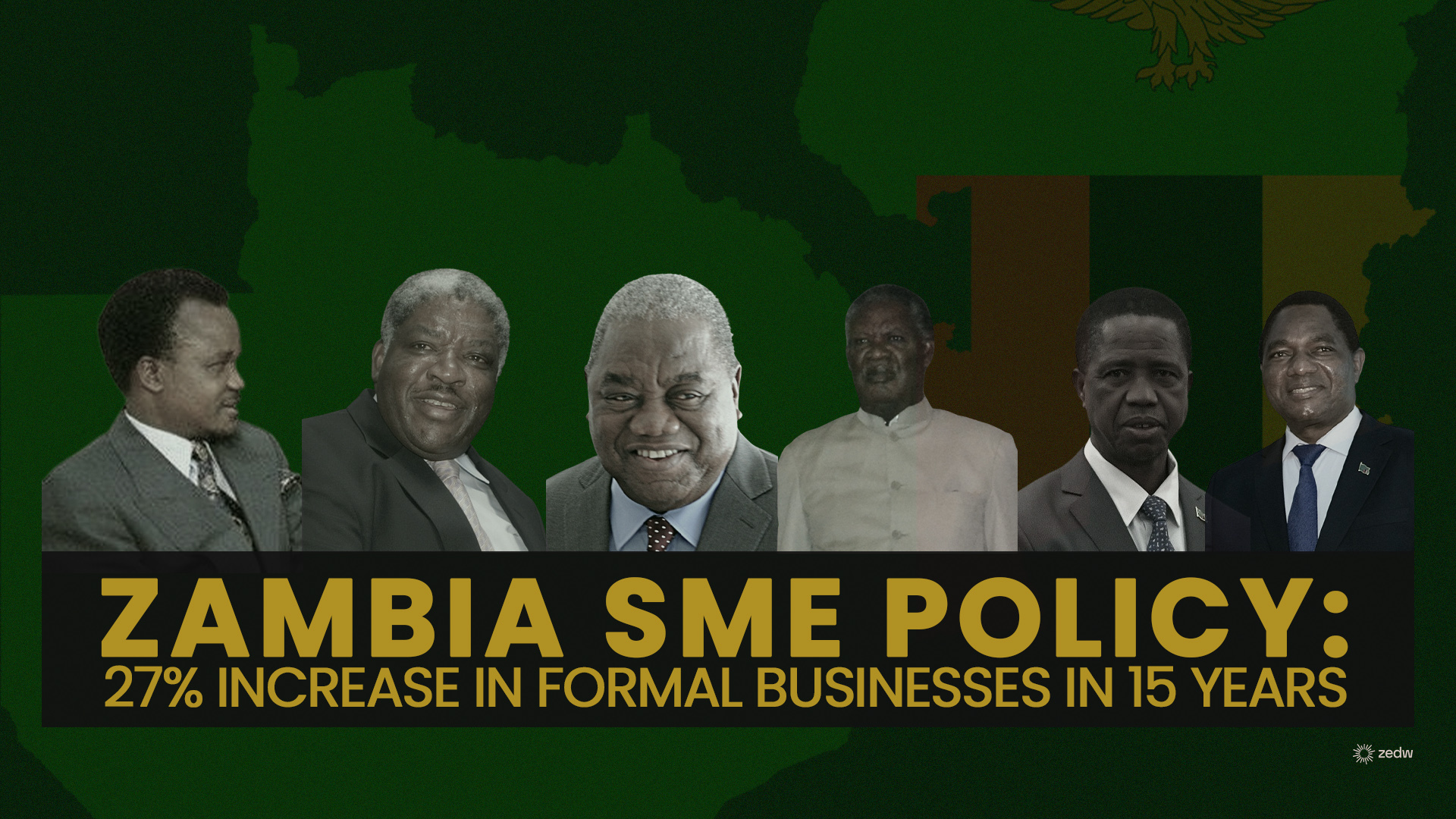Spotify is in an elite group of companies as one of the world’s largest music streaming platforms. The company’s rapid expansion strategy has seen it focus on more emerging markets including Africa’s young population of music lovers. As of 2024, Spotify has over 236 million monthly paying subscribers. In 2021 alone, Spotify grew by more than 25 million paying subscribers according to Search Logistics.
Spotify entry into Africa
In July 2021, Spotify continued its expansion strategy, entering 38 new African countries. Before this expansion, the Swedish audio streaming platform was only available in Algeria, Egypt, Morocco, South Africa, and Tunisia.
The entry of Spotify in Africa was not only great for music listeners, but was highly beneficial for artists, as they could increase their streaming numbers and get added to playlists on the platform. Apart from exposure, artists would also receive better data metrics with insights on their number of monthly listeners and the location from where they are streaming around the world. Access to this data helped artists refine their marketing strategies, knowing which countries to tour and make collaborations in.
Previously when Spotify wasn’t available in Africa, customers had to use a VPN (Virtual Private Network) to access its features. The streaming service is mainly admired for its appealing user interface, its personally curated playlists which are made according to a user’s activity, and its audio recommendations which include song and podcast recommendations.
Despite low internet access on the continent which is reported to be around 43.2 % according to Statista, Africa presents itself as a growing market which could contribute to Spotify’s profit margin. According to another Statista report, the revenue for music streaming in Africa is projected to reach $493 million come 2025.
Another sign of Spotify’s focus on the continent is the Africa Podcast Fund, which seeks to bolster the careers of podcast creators through financial grants, workshops, and networking opportunities
Challenges so far
Spotify’s 2024 Q4 report shows an interesting situation in Africa (categorized under “Rest of World”). While this region boasts the highest number of monthly users (32%), it contributes the least to revenue (only 13%). This is concerning because despite a 100% increase in monthly users from Africa over the past 4 years, revenue from the region has only grown by 3%. This suggests that although many Africans are using Spotify, they are not converting to paying subscribers.
Remuneration for emerging artists has also been cited as a challenge for independent artists. According to Ditto Music, Spotify pays artists between $0.003 – $0.005 per stream on average. That works out as an approximate revenue split of 70/30 – so that’s 70% to the artist/rights holders and 30% to Spotify.
Spotify has the challenge of expensive data, with the region hosting five out of the ten most expensive countries worldwide, with Zimbabwe leading both the regional and global standings at $43.75. South Sudan follows at $23.70, then the Central African Republic at $10.90, Zambia at $8.01, and Seychelles at $5.43.
To adhere to this challenge has created Spotify Lite lower-end Android phones. This has been successful in other developing markets, to help bring the service to as many people as possible. Spotify also struck a deal with Orange Mobile allowing the Mobile Network Operators’ (MNO) users in select African markets to stream music and podcasts with zero-rated data.
“Content is so local. You need people on the ground to identify trends and opportunities. Sure, many things are common across regions, but there are also many things that are vastly different.”
-Gustav Gyllenhammar, Spotify global VP for market growth. (2022)
The Future
According to the World bank by 2060 there will be about 10 billion people in the world—5.2 billion in Asia, 2.8 billion in Africa, 1.3 billion in the Americas, 0.7 billion in Europe, and 0.1 billion in the rest of the world. This makes Africa fertile ground for streaming platforms as they can capitalize on the young audience.
Spotify has already made attempts to cater for the logistical problems in Africa, further efforts might see them introduce more programs to support artists and improve the user experience. The Africa-Spotify relationship is still in its infancy but promises to be long-lasting.








